Lebanon rebels against darkness. It rebels against the blood spilled for others. It has repelled the meddling hands of yesterday and today, trying to reach its secrets. Lebanon has secrets only understood by friendly hands that meet with light and freedom.
The freedom upon which Lebanon was founded is not expressed by the phenomenon of roaming on motorcycles spreading division and threats, nor by groups storming roads chanting words unworthy of their sect. They do not know that before losing their battles, a different southern army of poets and creatives had already preceded them to dignity. Remember? The southern poets who built worlds on the shoulders of olive and wheat bearers as Fairuz sang. They replaced the wheat with rifles and lost because their cause was not Lebanon.
The freedom they violated is not the one upon which the nation of coexistence was built. This is an attempt to dominate the other in its name. How many crimes have been committed in its name, as Madame Roland cried near the guillotine in 1793 during the French Revolution: “O Liberty, how many crimes are committed in your name!”
The war of support was not a free decision. It was the destruction of Lebanon, and we still pay its heavy price. The Iranian reference is not an exercise of free choice. You are not free to choose another homeland as long as you are Lebanese by birth, identity, and belonging. Freedom is not imposing your control over others by force of arms. Because of all this, those who made these choices and practices lost what they thought was a cause. It is lost by definition because it is not theirs, not their land, not Lebanon’s. The blood of the martyrs returns to the earth and soil, and this was not the testimony of thousands of southern sons.
The South had builders who laid the first stones like other sects, after participating in the Versailles Conference and the establishment of Greater Lebanon in 1920. The South had large households. The encyclopedia is the book about the southern figure Youssef Al-Zein, authored by thinker and university professor Mundher Mahmoud Jaber. He narrated his biography in a book of more than nine hundred pages, describing how Lebanon was born and how southern citizens were a true image of that Lebanon, with families and friendships between houses, especially those between the Azouri family in Azour and the Al-Zein family in Kfar Reman. It is no coincidence that the heir of this house, lawyer Claude Azouri, specifically dedicated this reference book about Youssef Al-Zein to his friends, including descriptions of southern society as it was at Lebanon’s founding and the friendship between the two southern houses as in the rest of Lebanon.
Is this bright past on the path of return today? The times we lived have ended. Lebanon has returned to its roots, to trunks that no storm can harm. Because Lebanon’s trunks are the hardest in the East, shaped by time by those seeking the air of mountains, valleys, and shores, unknown to any other country in this East.
Recently, the well-known American delegation came to us. Much ink was spilled on Tom Barrack’s words. These pages were among the first to warn about his dangerous talk about returning to the Levant. But the more dangerous words were not those he addressed to the press, but his remarks about the Shiite sect’s population, which he said represents between thirty and forty percent. Who gave you this number, Mr. Barrack? Talking about sectarian numbers is useless in Lebanon because what matters is preserving the foundations of emergence based on two pillars: consensus and freedom. The state’s foundations are another matter.
You, Mr. Barrack, are an American citizen loyal to the Republican Party. But if one day you want to follow the ruling majority, you simply move to the ruling party, which may be the Democratic Party. In Lebanon, there is no ruling sectarian majority, nor a ruling political majority. Therefore, none of the sects’ members can join a ruling majority. Stay in your place, Christian, whether Maronite, Catholic, Orthodox, or Syriac… and you, Sunni, Druze, Shiite, and Alawite. You are equal, and Lebanon belongs to all of you. No one has more than another. So, Mr. Barrack, please stop the random talk. Shiites are not a numerical majority, and no sect, regardless of its size, can claim to be a majority of the whole.
This is a reality that those inside and outside must acknowledge, because someone whispered in Barrack’s ear, and before him in Loueiri’s ear, that Shiites are a majority. Then what? There is the other, there are others. As is the case today.
All members of other sects bore arms during the wars and then abandoned them. These were wars of some against others. Unlike today. Radically unlike today, because the weapons are for a known external cause, and its representatives are present in Lebanon directly or indirectly. The weapons and missile caches discovered by the French from the international force are evidence of this. Confronting Israel is the Lebanese state’s matter. Syria, in its renewed relations with Israel, goes back today to 1974, after the aftermath of the 1973 war. As for us, we only have the 1949 armistice agreement.
Before rebuilding the South, where many villages were erased, there is another kind of reconstruction, that of the structure built by the Lebanese of the South with their brothers from other sects and regions. It is a history still witnessed today. There is no alternative to it, just as there is no alternative to the Lebanese consensus, which is its history, justification for existence, and future. Just look for the history of protecting this consensus and abandon experiences of dominance and the evils of quotas.




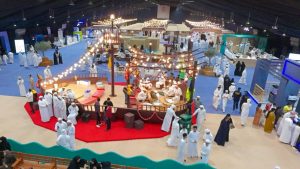
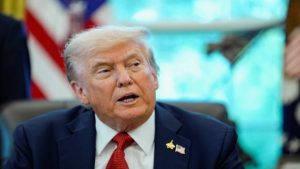

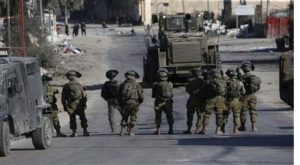
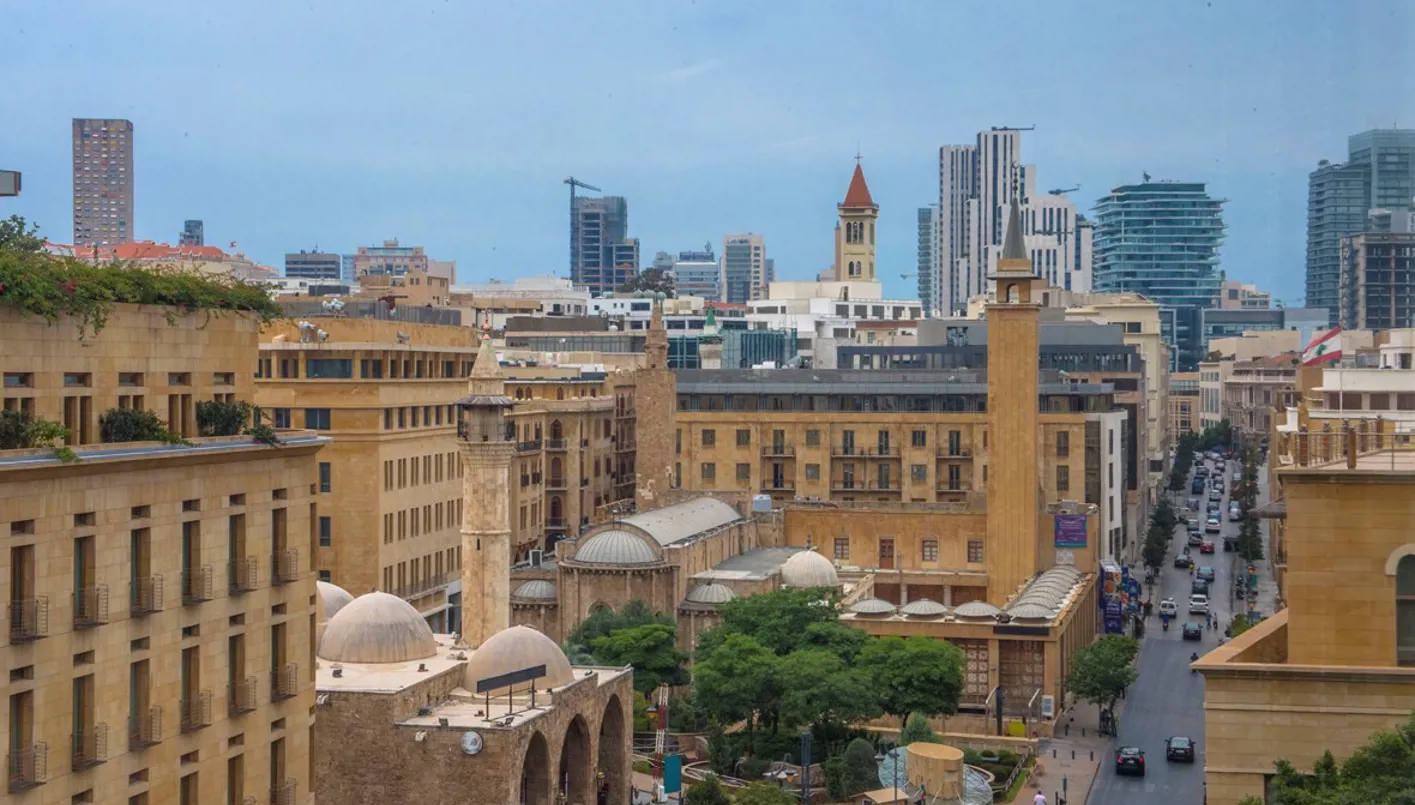
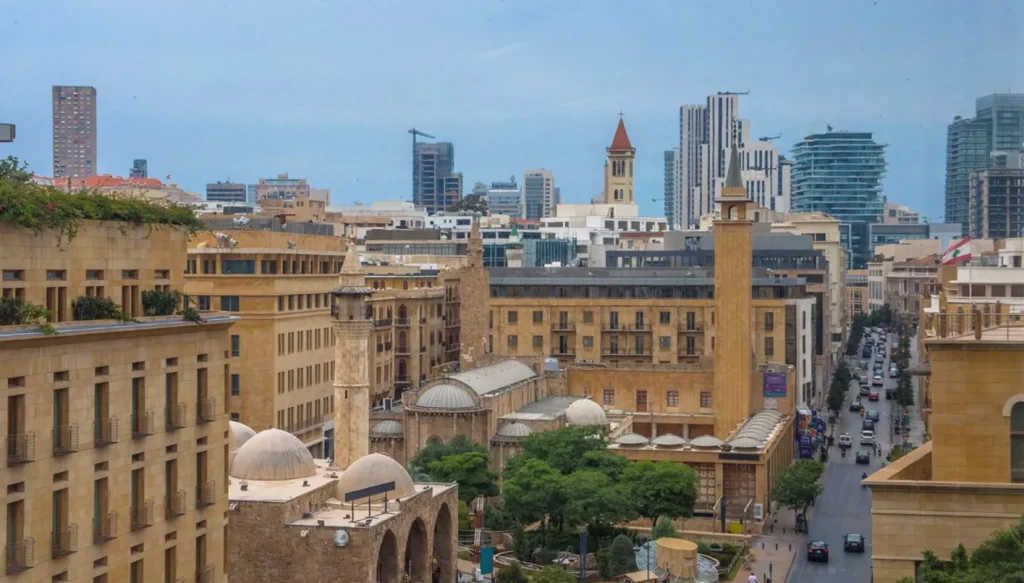

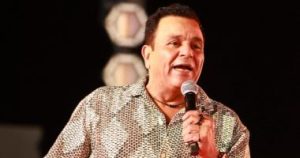

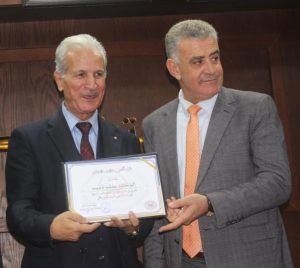
Recommended for you
Exhibition City Completes About 80% of Preparations for the Damascus International Fair Launch
Talib Al-Rifai Chronicles Kuwaiti Art Heritage in "Doukhi.. Tasaseem Al-Saba"
Unified Admission Applications Start Tuesday with 640 Students to be Accepted in Medicine
Egypt Post: We Have Over 10 Million Customers in Savings Accounts and Offer Daily, Monthly, and Annual Returns
His Highness Sheikh Isa bin Salman bin Hamad Al Khalifa Receives the United States Ambassador to the Kingdom of Bahrain
Al-Jaghbeer: The Industrial Sector Leads Economic Growth